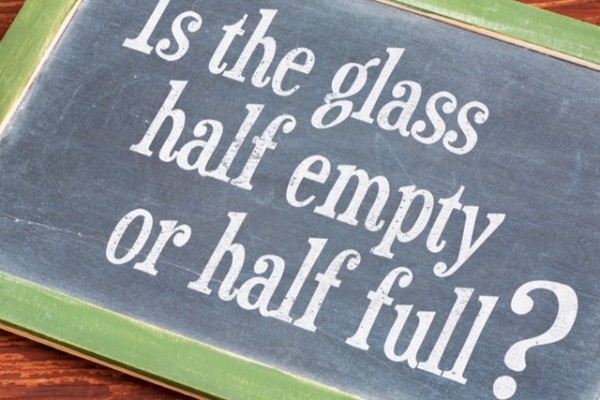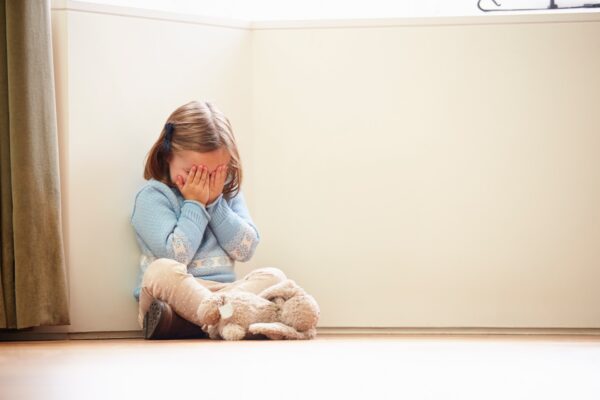I was so annoyed at my 7 year old the other day. She was in a bad mood and I was not at my most Zen like mommy moment. We were in a restaurant and had just bought her some food that she normally really likes. But at the table she didn’t want it. She was very grumpy and nothing was good enough. She pushed her plate away and even threw her fork down in defiance. I thought she was acting spoiled and princess-like and I really couldn’t take it. I wanted to yell at her to say “stop that!” “You have no reason to feel like that. We paid for that food and you will eat it! You always like that food. You are acting spoiled and selfish.” That was how I felt inside. I took a breath, trying to muster patience and wondered how the Danish Way would deal with this situation.
Fortunately my husband was there with infinitely more patience and I found a reason to get up and leave the table so that I didn’t explode. I could hear the mantra of the Danish Way in my head. By focusing on these things we make them bigger. By drawing too much attention to these moments we make that their story. We enforce these labels. All emotions are ok to feel. We are all in bad moods sometimes. There are no good or bad emotions only emotions. I took a breath and left the table to go to the bathroom to regroup.
When I came back, he had miraculously managed to get her to start eating. He had used humor and silliness to convince her to take the first bites. He bet her that it would make her strong enough to lift the table. She didn’t believe him so she begrudgingly took those first bites to see. In no time, I could see she was coming out of her mood.
It suddenly struck me that she was experiencing the same kinds of ups and downs that little kids do from being hungry or tired. She needed to regulate her blood sugar. She wasn’t being spoiled and selfish and princess-like she was just over hungry and didn’t realize it. I felt very happy that I hadn’t exploded and said those things to her.
Within minutes she was literally in a great mood and my sweet wonderful daughter had returned to us. The difficult moment had completely passed. And it hadn’t been a scene in the end.
Iben Sandahl, Danish psychotherapist says to remember 3 things when using the Danish Way of reframing
- Children always have reasons behind their mood. Always try to remember that children are fundamentally good and see that in them. Try to understand the reasons for their behaviors instead of negatively labeling them.
- Try to use less limiting language “you shouldn’t be like that” “I hate that” “You are being like that”. Instead try using externalizing language. Children can be struck by moments of selfishness or aggressiveness, which is very different than saying it is how they are. The danger with labels is that children can associate themselves with these labels and it becomes their storyline through life. Labels matter.
- Help lead them to the more loving storylines about themself. Sometimes you can do this by not focusing on the negative behavior but using humor or focusing on something else other than the “problem”. A problem is only a problem when it is referred to as a problem. The more you practice reframing the easier it gets and it leads to a lot less power struggles.
It takes a lot of effort for parents to have the patience in difficult moments to help children refocus on the more positive storyline behind their moods but it’s worth it. After we left the restaurant we were all joking about how being hungry can make us all feel grumpy sometimes. We had turned what could have been a very unpleasant lunch battle with name calling into something pleasant. The less we focus on the negative labels and try to focus on the meanings behind the moods, the more we can help children build a positive storyline for themselves. This makes everybody happier.
For more on “The Danish Way of Parenting: a guide to raising the happiest kids in the world” it’s here





